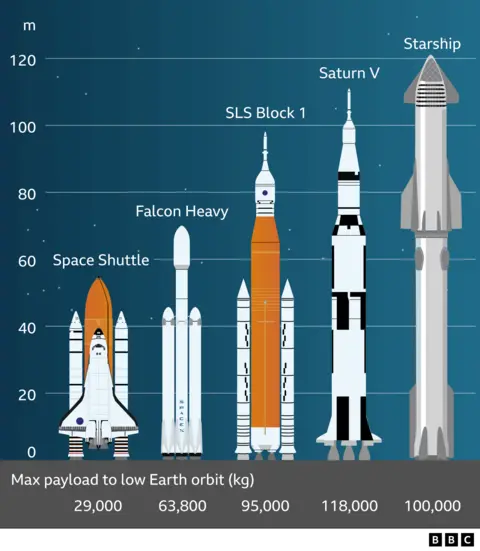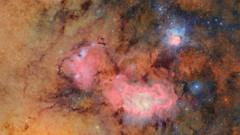Shubhanshu Shukla, a distinguished Group Captain in the Indian Air Force, is poised to make history as the first Indian astronaut to visit the International Space Station (ISS) during the Axiom-4 mission. This landmark journey, which began on Wednesday, takes place 41 years after Rakesh Sharma became India's first space traveler aboard a Russian Soyuz spacecraft in 1984.
The Axiom-4 mission, led by accomplished former NASA astronaut Peggy Whitson, features a diverse international team that includes Slawosz Uznanski-Wisniewski from Poland and Tibor Kapu from Hungary. The crew successfully launched from NASA's Kennedy Space Center in Florida early on Wednesday and shared a lively video of themselves floating within the spacecraft.
The four astronauts will engage in a two-week stay at the ISS, where they will focus on conducting around 60 scientific experiments, including seven initiated by the Indian Space Research Organisation (ISRO). With ISRO investing approximately 5 billion rupees ($59 million) to secure Shukla's seat and training, this mission is seen as pivotal to India's ambitions to advance human spaceflight.
In a recent live broadcast, Group Captain Shukla expressed his excitement about being in space, stating, "What a ride! It's been an amazing feeling to be just floating in space." He shared that while he initially felt unwell during the ascent, he has been adapting and enjoying the experience. Demonstrating a playful spirit, he also mentioned Joy, a small white toy swan that serves as both a mascot for the mission and a zero-gravity indicator.
The leadership of the mission, particularly Commander Peggy Whitson, reflected on the purpose of aircraft Grace, the name chosen for their spacecraft. Whitson emphasized that their endeavor transcends engineering, representing goodwill and the collaborative spirit of humankind’s pursuit of knowledge.
The Axiom-4 mission symbolizes a notable leap forward for India's space program, which aspires to launch its first human spaceflight by 2027, establish a national space station by 2035, and eventually send astronauts to the Moon by 2040. As Shukla embarks on this extraordinary adventure, he is part of a new chapter in space exploration that intertwines global cooperation and scientific advancement.


















